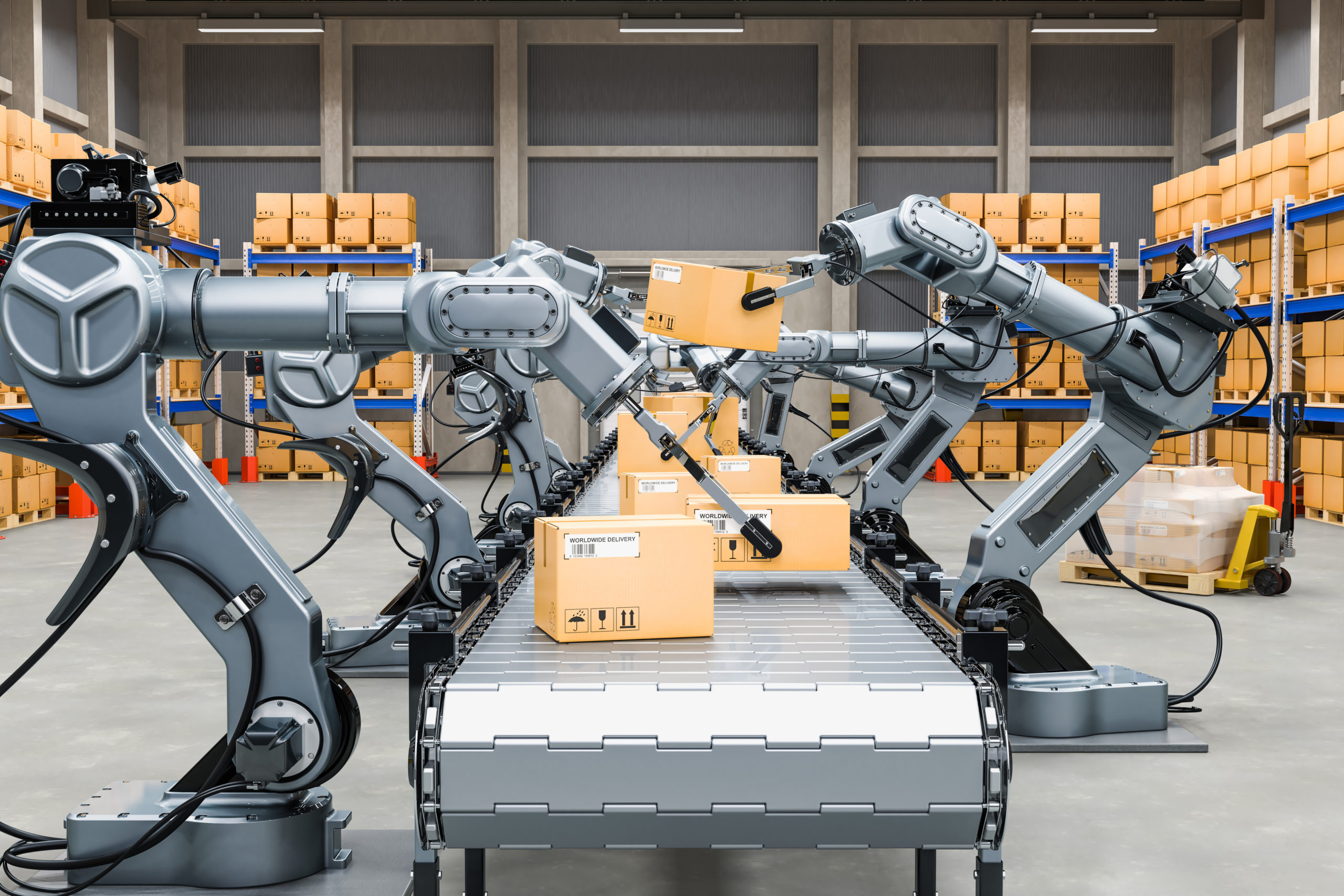An industry standards-based certification for this new occupation is based upon a definition of “supply chain technician.”
Certified Technician – Supply Chain Automation (MSSC CT-SCA)
One way that the National Center for Supply Chain Automation helps to increase the workforce of highly-skilled supply chain technicians is by establishing and promoting stackable industry certifications in Supply Chain Automation. We start by partnering with high schools and community colleges to create career pathways. Then we collaborate nationally with supply chain automation stakeholders to recognize and validate supply chain certifications in the industry.
Certified supply chain technicians are in demand across many industries. Students, military veterans, or anyone who is detail-oriented and likes hands-on work should explore a supply chain certification and pursue this rewarding career path.
Defining Supply Chain Technician For An Industry Standards-Based Certification
A supply chain technician is a relatively new and in-demand occupation that the National Center for Supply Chain Automation defines as a person who installs, operates, supports, upgrades, or maintains the automated material handling equipment and systems which supports the supply chain.
Work and worker standards, the technical knowledge and skills needed to perform the work, are the basis of the instructional program to become a Certified Technician in Supply Chain Automation (CTSCA). These form the foundation for a Manufacturing Skill Standards Council (MSSC) certification.
CTSCA standards are organized around three critical work functions of a certified supply chain technician. Work functions include vital activities and performance indicators that define the specific tasks that students need to perform to demonstrate competency:
Maintaining equipment/systems
- Implement equipment/system safety protocols
- Identify and operate major automated equipment/systems
- Monitor machine/system operations
- Ensure key parts and components are available in inventory
- Implement and perform preventive maintenance
- Establish monitoring and maintenance schedule for equipment/lubricant condition
- Communicate with co-workers to promote productivity
- Perform technical and administrative duties
Installing, modifying, troubleshooting, and repairing equipment/systems
- Troubleshoot machine, mechanical system, and/or electrical system failure
- Repair machine, mechanical system, and/or electrical system failure
- Install, move, and/or remove equipment
Installing, modifying, troubleshooting, and repairing basic controllers and networks
- Install and maintain programmable logic controllers (PLC) and PLC modules
- Troubleshoot and repair PLCs with discrete I/O PLC modules
- Modify, troubleshoot or manipulate standard PLC operating programs, test, and verify them for correct operation
- Install, maintain, and troubleshoot PLC systems with variable frequency AC drives
- Operate and test equipment network system, scanners, and run system applications
Individuals who achieve success in both written and hands-on assessments in each of these three critical work functions will receive an industry-recognized, nationally portable certification by MSSC.
Learn More About Starting or Advancing Your Career in Supply Chain Automation
There will be as many as 770,000 job openings for supply chain techs in the U.S. between 2015 and 2025. It’s an excellent time to launch or advance your career as a certified supply chain technician because many industries use supply chain automation. Retail, manufacturing, healthcare, food supply, automotive, and defense all need certified supply chain techs to keep inventory flowing smoothly in and out of storage spaces.
Learn more about what a career in supply chain automation entails.
